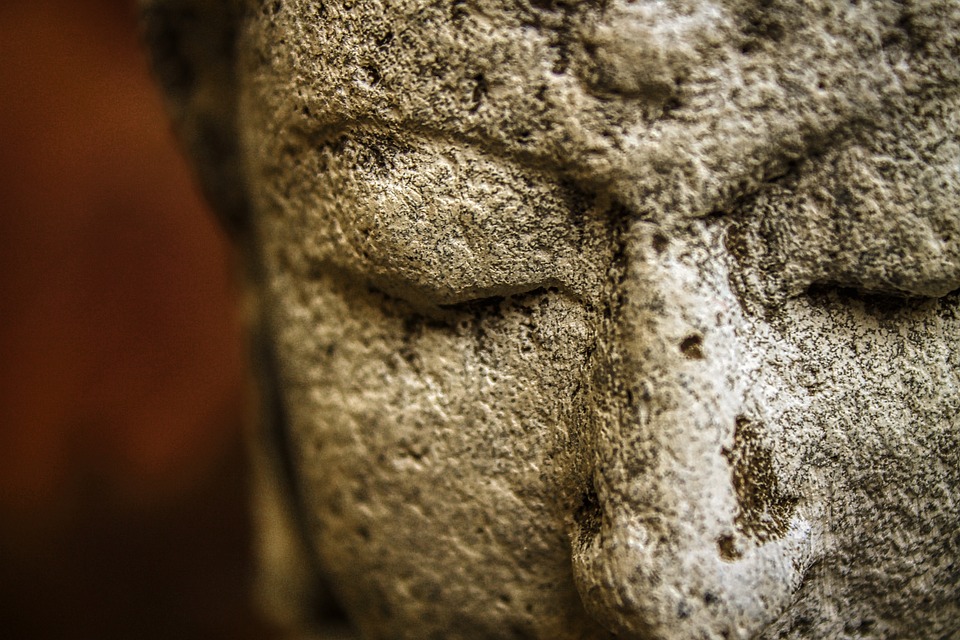Piercings have transcended mere fashion statements, deeply woven into the social and spiritual fabric of various cultures. From ancient rituals to modern expressions of identity, the symbolism of piercings varies widely across the globe. This article delves into what piercings represent in different cultures and their spiritual significance.
Ancient Traditions and Rituals
In many cultures, piercings have historical roots tied to ancient traditions and rituals. For indigenous communities around the world, body modifications, including piercings, often serve significant spiritual purposes. Consider the Native American tribes where ear and nose piercings were believed to connect individuals to their spirituality and community. The act of piercing itself was frequently part of a ceremony involving rites of passage, marking the transition from childhood to adulthood.
In Africa, the tradition of body piercings varies widely among tribes. For example, the Maasai of Kenya and Tanzania perform lip and ear piercings as rites of passage. The larger the gauge of the piercing, the more status the individual holds within their community. These practices symbolize strength, resilience, and a person’s connection to their ancestors.
Symbolism in Eastern Religions
In Eastern cultures, particularly in Hinduism and Buddhism, piercings often have spiritual connotations tied to deities and religious beliefs. For Hindus, the traditional nose piercing, known as "nath," is not just decorative; it is rooted in the belief that it enhances a woman’s fertility and brings her good fortune. Similarly, the act of piercing serves as an offering to various gods, symbolizing devotion and protection.
In Buddhism, certain piercings can represent detachment from material desires. The teachings encourage individuals to transcend physical appearances, with piercings acting as a reminder of the inner self. By adorning the body in this way, practitioners may seek to emphasize their spiritual journey over worldly allure.
Contemporary Personal Expression
In today’s society, piercings extend beyond cultural symbols to be powerful tools for personal expression. While individual significance varies, many view piercings as a means to assert their identity. The spiritual aspect here can be deep-rooted, as people often desire a physical representation of their beliefs, experiences, or personal growth.
For instance, some individuals choose specific piercings to celebrate milestones in their lives. A simple ear piercing could symbolize the passage from adolescence into adulthood, while a more elaborate body modification may signify personal triumph over challenges. For others, piercings can serve as a canvas, telling a story about struggles, triumphs, or transformations.
Modern Spirituality and the Body
As spirituality continues to evolve, many explore their beliefs through body modifications, including piercings. In contemporary spiritual circles, body piercings can symbolize a awakening or personal transformation. Many see them as tools for aligning with spiritual energies or enhancing personal power.
For example, some practitioners believe that certain body parts correlate with energy centers or "chakras." A piercing might serve to open or enhance a chakra, facilitating a deeper spiritual connection. In this sense, piercings transcend aesthetics, transforming into personal talismans that represent aspirations or goals in the spiritual realm.
Cultural Misunderstandings and Sensitivities
While piercings can be meaningful in many cultures, misunderstanding and misappropriation often arise. When individuals adopt elements from cultures without understanding their significance, it can lead to feelings of disrespect or trivialization. For example, wearing certain types of traditional piercings as a fashion statement, devoid of cultural context, can be seen as appropriation.
To navigate these waters, it’s crucial to educate oneself about the cultural symbolism of piercings. Understanding their profound roots can foster respect and appreciation for the accompanying rich histories and meanings. Engaging with communities through learning and dialogue enhances our understanding and allows for expressing appreciation for these cultural symbols authentically.
Piercings and Healing
In various cultures, piercings can also symbolize healing or the right of passage after trauma. For some, the act of piercing can embody a reclaiming of power over one’s body, especially for those who have experienced loss or distress. Transforming pain into something beautiful serves as a therapeutic act or ritual of healing.
In tribal practices, particular piercings are associated with healing rituals. For example, specific ear piercings in various cultures are thought to aid in healing ailments or promoting energy flow throughout the body. These practices often blend physical and spiritual healing perception—underscoring piercings as a bridge between the physical and spiritual realms.
Global Variations in Piercing Practices
Across the globe, individuals embrace various forms of piercings, each with unique meanings. In South America, for example, the practice of ear gauging is widespread among indigenous tribes, symbolizing beauty and wealth. In contrast, Japanese culture often emphasizes body piercings as signs of rebellion against traditional norms, particularly among younger generations.
In Western culture, piercings have evolved into a form of personal expression, often associated with youth culture and alternative lifestyles. The spiritual significance may be less pronounced but remains meaningful for those who use piercings as identity markers. Some even coordinate their piercings with astrological signs, creating a more personalized spiritual connection.
Conclusion
Piercings serve as a multifaceted symbol, representing diverse meanings across cultures. From ancient rites of passage to contemporary forms of self-expression, these body modifications encapsulate spiritual, emotional, and cultural narratives. Understanding the varied significance of piercings allows for a richer appreciation of their role in identity, healing, and spirituality. Discussions surrounding piercings should always be approached with respect and awareness of cultural contexts, ensuring that their profound legacies are honored.
FAQs
1. Are piercings considered sacred in some cultures?
Yes, in various cultures, piercings can be regarded as sacred acts tied to spirituality, identity, and community values.
2. How do modern piercings differ from traditional ones?
Modern piercings often serve as forms of self-expression or fashion, while traditional piercings are typically linked to cultural practices, spiritual beliefs, and rites of passage.
3. Can piercings have personal significance beyond culture?
Absolutely! Many individuals assign personal meanings to their piercings, viewing them as representations of milestones, emotional healing, or personal transformations.
4. Is there a spiritual aspect to ear piercings?
In several cultures and spiritual practices, ear piercings are associated with energy flow or are seen as tools for enhancing spiritual connections.
5. How can one respectfully engage with cultural piercing practices?
Educating oneself about the meanings behind various piercing traditions and engaging with the communities that practice them with respect can foster understanding and appreciation.


